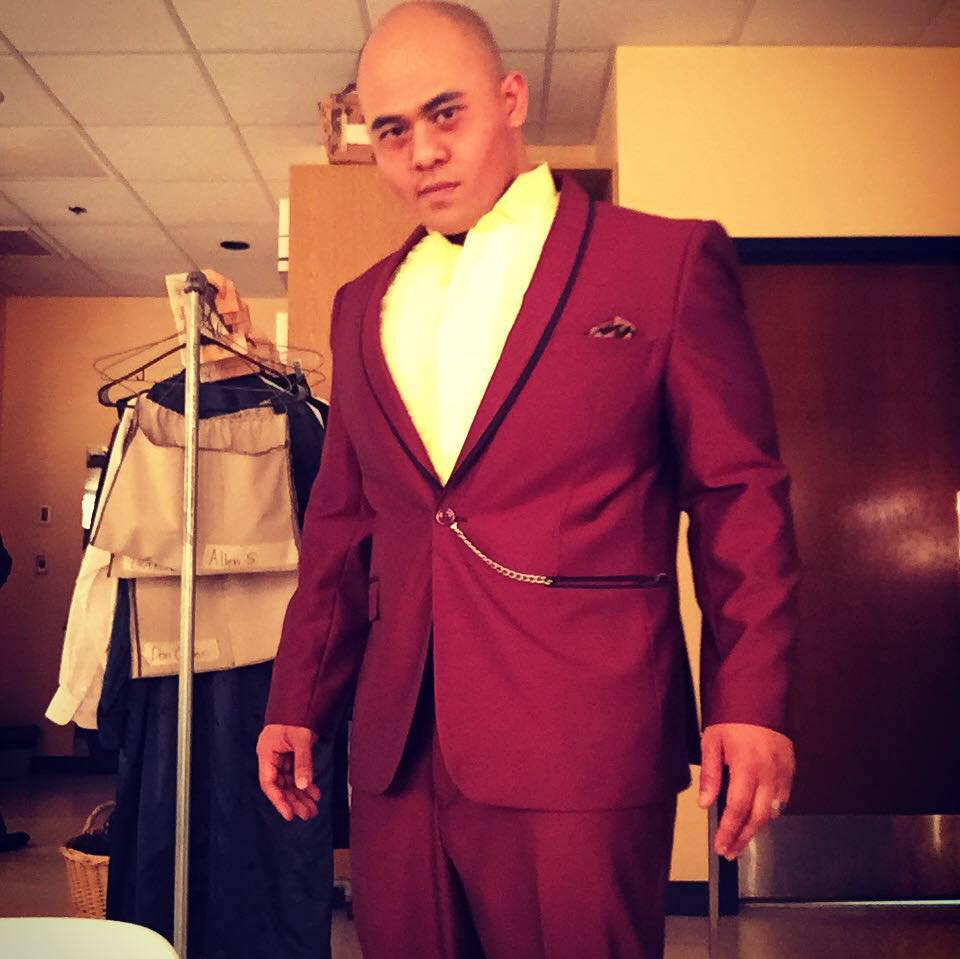Different styles = depth in the art
Ahem... i'd like to make an announcement:
Theatre is old AF. Thousands of years. It has evolved. It has developed. It has gone through controversy. Things change... a style can be hot for 40 years... or 100 years or 500 years. At times many styles can occupy the same time space or some shit....
Don't be a dick face kuntnugget...
There are a variety of theatrical styles used in theater/drama. These include
Naturalism: Portraying life on stage with a close attention to detail, based on observation of real life. Cause and effect are central to the script's structure, with the subjects focused on conflicts of "nature vs. nurture", the natural order of things, survival, notions of evolution. The production style is one of everyday reality. Émile Zola's works may be regarded as naturalism, as would be early works from August Strindberg such as Miss Julie.
Realism: Portraying characters on stage that are close to real life, with realistic settings and staging. Realism is an effort to satisfy all the theatrical conventions necessary to the production, but to do so in a way that seems to be "normal" life.
Expressionism: Anti-realistic in seeing appearance as distorted and the truth lying within man. The outward appearance on stage can be distorted and unrealistic to portray an eternal truth.
Absurdity: Presents a perspective that all human attempts at significance are illogical. Ultimate truth is chaos with little certainty. There is no necessity that need drive us.
Modernism: A broad concept that sees art, including theater, as detached from life in a pure way and able to reflect on life critically.
Postmodernism: There are multiple meanings, and meaning is what you create, not what is. This approach often uses other media and breaks accepted conventions and practices.
Classical: A type of theater which relies upon imagination (and therefore limited props) to convey the setting and atmosphere of the play. Classical theatre usually contains lofty, grand prose or free verse dialogue. Good examples are the Elizabethan dramatists such as William Shakespeare and Christopher Marlowe.
Epic Theatre: As devised by Bertolt Brecht, epic theatre forces audience members to constantly return to rational observation, rather than emotional immersion. Sudden bursts of song, elements of absurdity and breaches of the fourth wall are all prime examples of how this rational observation is constantly revitalized; this idea is known as Verfremdung.
